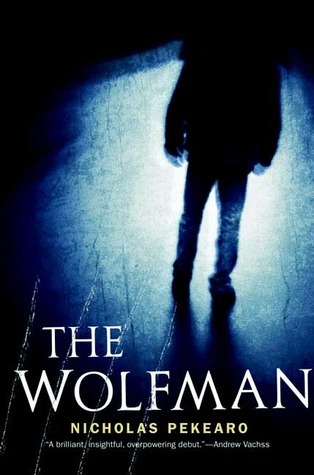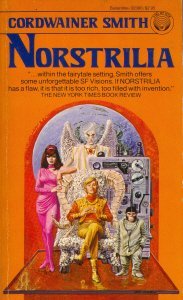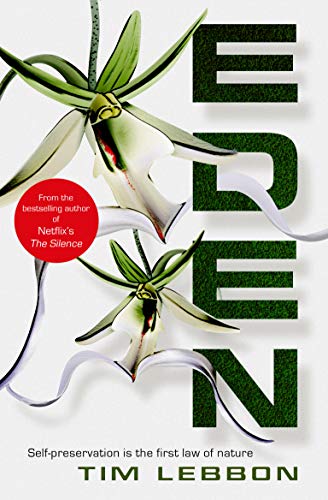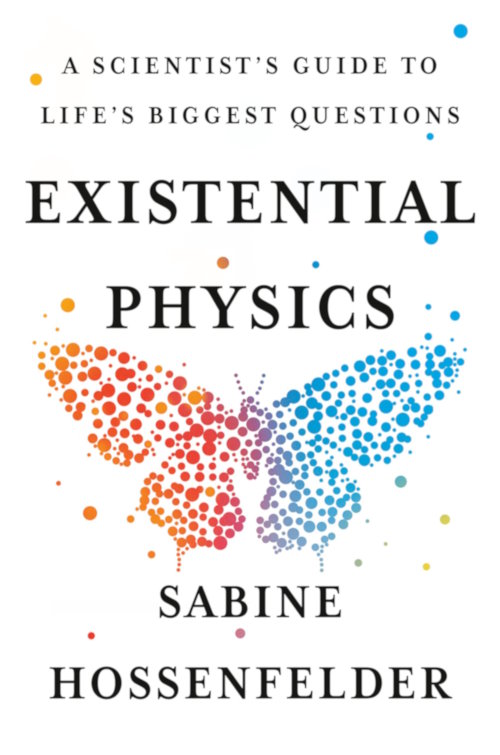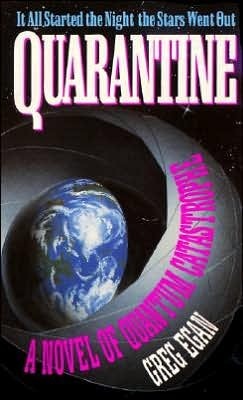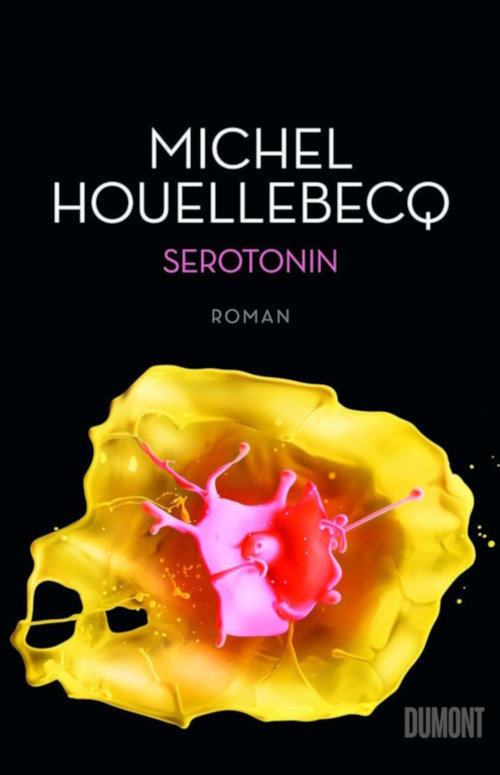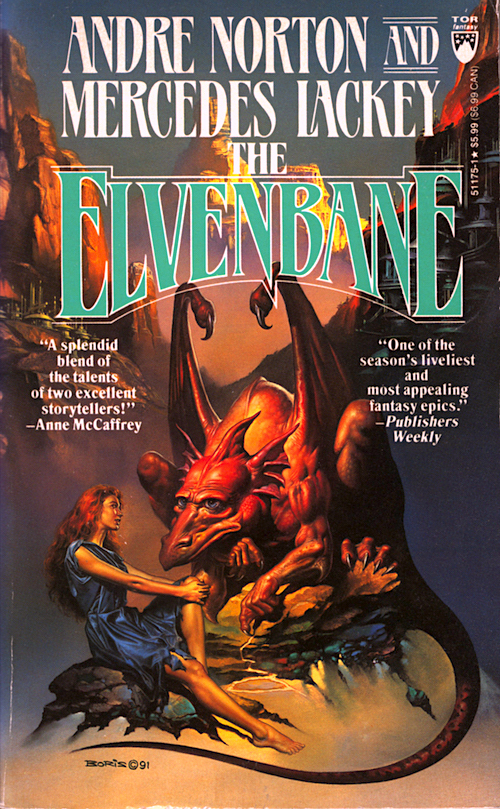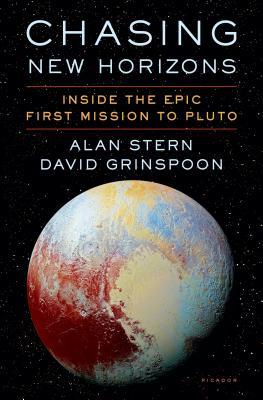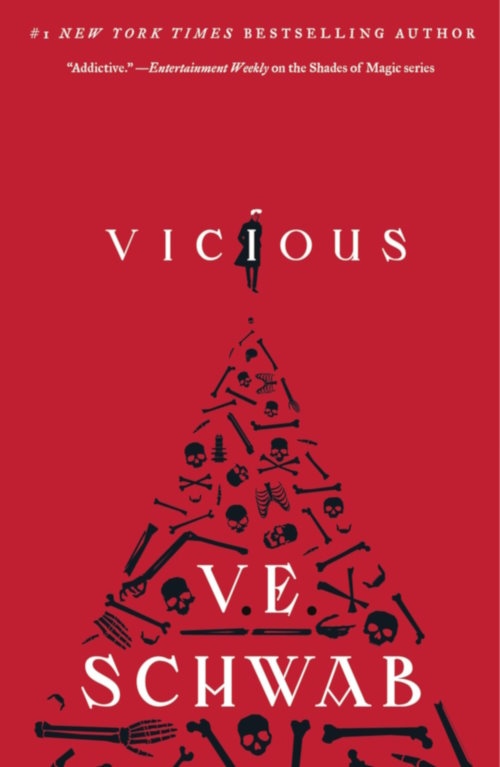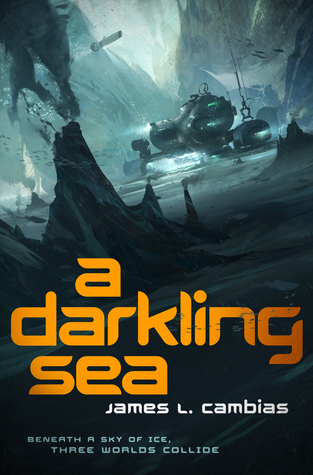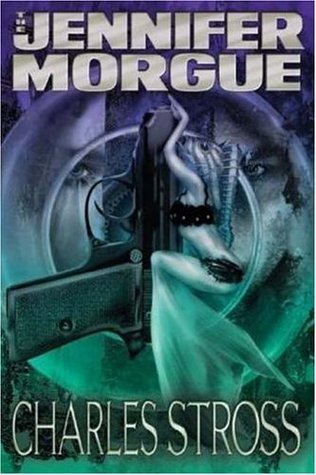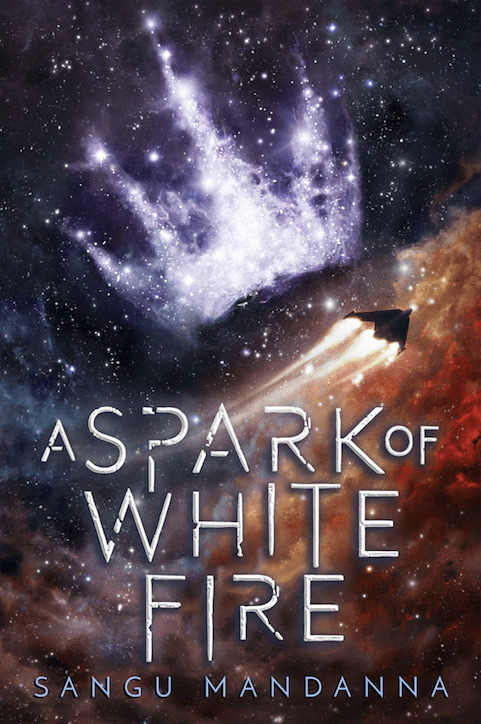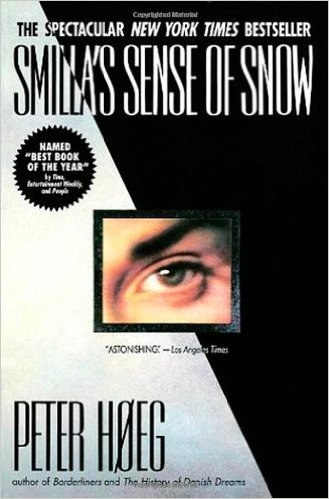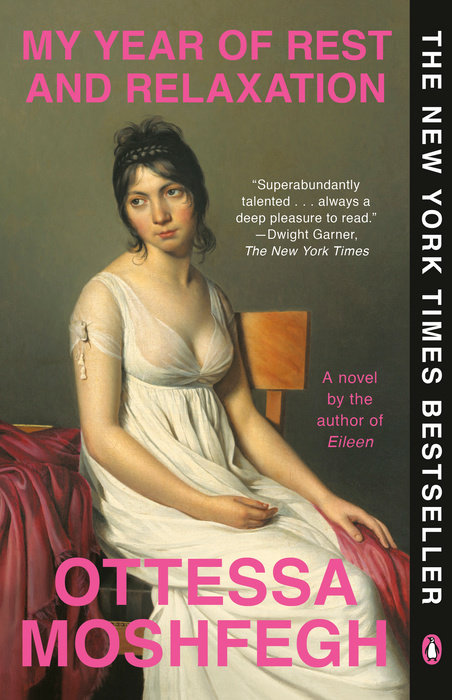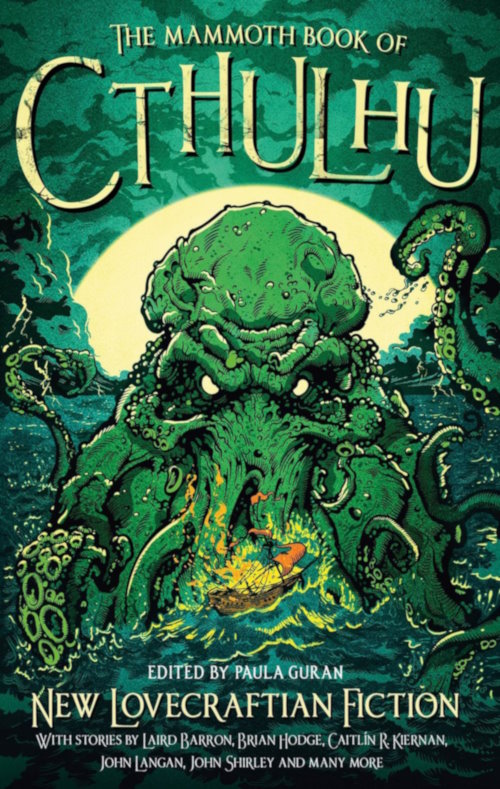
I will go ahead and say The Mammoth Book of Cthulhu is an abject failure at best and a complete fraud at worst. I have no problem with any writer creating and publishing something. They may be good, they may be bad, it's all about how what they write makes me feel. But in this case any such feelings were drowned by outrage because most, if not all of the stories in this book, have nothing to do with Lovecraft or the mythos developed by his writer followers.
I feel I know what Lovecraftian means. People flaunt the term "cosmic horror", but most of H.P.'s stories were not about something truly cosmic, just incomprehensible - worse, unacceptable - by the protagonist. And then these young people come around and say "Oh, I know, I will take what's good from these stories: the monsters, the supernatural, the feeling of unease and mind breaking power of finding something truly alien and ignore the bad things: the entitlement, the racism, the feeling of dethronement" and they do achieve something, but it has nothing to do with Lovecraft.
Lovecraft himself felt he was above the average man, yet felt incapable of accepting the changes the world was forcing on him. That's where the horror comes from. You can never take a regular person, add a supernatural element, drop a Chutlhu in there and then assume that's cosmic horror. No, that's just normal stuff, slightly elevated by the occult. You need to start from a sense of entitlement to achieve the fall required by what Lovecraft was describing. You take that away and it's the very opposite of Lovecraftian. It may be good fantasy or good horror, but nothing to do with the man.
This book is worse. There were stories that were barely fantastic, not horror at all. Some had nothing to do with anything, but some cultists that believed in some member of Chtulhu's pantheon - and we know that because they use their name, once, out of context. It's not even that the stories were bad, it's just that they cannot in good conscience be called "New Lovecraftian". They don't add anything to Lovecraft's body of work and they are barely influenced by it, if at all.
Bottom line: it's notoriously difficult to bring Lovecraft to modern audiences, but just slapping his name on random stuff is disgraceful. This doesn't even try. It's the book equivalent of corporate streaming TV series.
